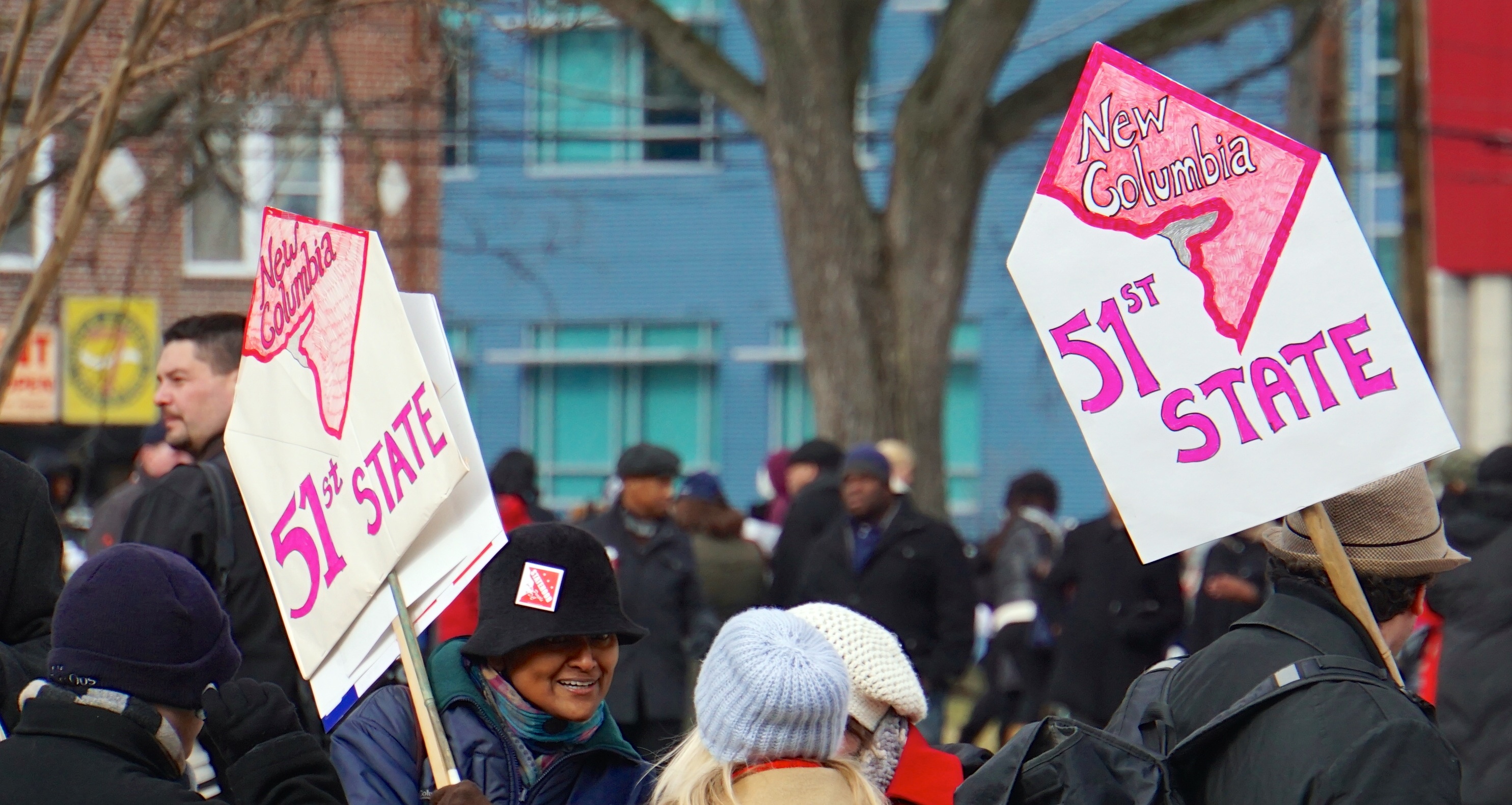Views expressed in opinion columns are the author’s own.
Just a few miles down the road from the University of Maryland, American citizens are living the reality of taxation without representation.
Washington, D.C., is where many of our federal government’s elected officials work, yet its residents have essentially no say in the actions of those officials. Yes, they can vote for the president, but they don’t have real representation in Congress. Instead, they get to elect one representative to the House of Representatives, who is not allowed to vote on final legislation. Their presence is a mere gesture that gives D.C. no real representation.
A bill to grant D.C. full statehood is in the House of Representatives. The measure has the support of more than 75 percent of Democrats in the House; however, many Republicans oppose the measure.
This is obviously the result of the GOP not wanting another Democratic state to have representatives in Congress. If granted statehood, D.C. could flip control of the Senate from Republican to Democratic. But that should not be the basis of rejecting this measure. If the will of the American people creates a government controlled by Democrats, then Republicans have to deal with that by changing their platform to not isolate so many U.S. citizens.
The reason often cited for keeping D.C. a non-state is that the federal government should have the ultimate control over the place where it exists. But this bill would create a separate federal district that would include the White House, the Capitol and the Supreme Court building, among others. The rest of the city would then become a state, giving hundreds of thousands of citizens proper representation.
The need for this action is exacerbated by the fact that Congress has the power to overturn laws enacted by D.C.’s local government. Recently, Congress attempted to overturn D.C.’s assisted suicide law, the Death With Dignity Act. Just like other American citizens, D.C. residents should have a state government that can act with a fair amount of autonomy.
This problem extends past D.C. and has had tremendous impact on the lives of many Americans. Last year, severe hurricanes hit Texas, Florida and Puerto Rico. The latter is a U.S. territory, and Puerto Ricans are U.S. citizens. And yet, the Federal Emergency Management Agency sent far fewer personnel to Puerto Rico than it did to Florida and Texas. Six months after the hurricane, 11 percent of the island still lacks power. Imagine the outcry if that were the case in a U.S. state.
Puerto Ricans have been treated like second-class citizens, but if they had full congressional representation, it would be harder for the government to turn a blind eye to their plight. That American citizens are being neglected by their federal government reveals exactly why Puerto Rico must also be granted statehood, along with other American territories.
These realities merely scratch the surface of the inequalities faced by residents of D.C. and the U.S. territories. Our country claims it stands for democracy, and it has been a beacon for freedom since its inception. If we want to continue holding these claims as valid, we can no longer allow our fellow Americans to live without proper and fair representation.
Mitchell Rock is a senior government and politics and physiology and neurobiology major. He can be reached at mrock13@umd.edu.



